Everyone knows one way to become rich is business, or special skills. Since I started reading the Mr money mustache blog I realized having a lot of money can be achieved another way, one we all can do without needing any special skills, luck, or starting capital, is saving.
Recently I had a talk with a co-worker, who is fairly young, a year my junior, about “getting rich”. He’s thinking about buying a condo in the near future, and was wondering about ways to get enough for a downpayment. The obvious thing, to me anyway, would be to save up, it is what I did to purchase my first home. However it’s not something my colleague has even considered, he said something along the lines of “sure I can save, but I’m talking about making a shitload of money fast”.
I was always brought up not spending every cent I made and try to save as much as possible. Spending all of my income seems like building a financial prison for myself, living paycheque to paycheque despite having the ability not to. I’ve always budgeted my life to use about 50% to 70% of what I make, build an emergency fund, save to purchase a home and for retirement.
A bit surprised by my co-worker’s reluctance to save I asked him why was saving not something he feel like would be the best way to reach his goals. “It takes too long, I want to make a lot of money right now”. Short of winning the lottery and some “spend a while in jail” type of things not many paths lead to “make a lot of money right now”.
It got me thinking, how slow is saving? I know saving isn’t fast, but over time it builds up, like a snowball, the more it builds up the fast it builds. Also maybe he wasn’t thinking about investing the saved up money instead of just letting the money sit and gather 0.2% interest from the bank.
Assuming a modest deposit of $500 a month with initial money of $1,000, easily doable on a middle class income, and assuming a modest investment return of 6% a year, in 5 years, our saving would have gone from $1,000 to around $37,000 dollars. A sizable amount but we can do better. Instead of saving $500 per month let’s do $250 bi-weekly, all of the sudden, everything being the same you’d end up with around $40,000 by the end of the same 5 years. Decent change for almost no perceivable difference to us. We can do even better, increase $250 bi-weekly to $500 would result in almost $80,000 dollars, now we are talking. This a very very simplistic representation to investing savings, a increase of 4% on the return would net you another $10,000 dollars. All of these things add up.
I started saving up soon as I started making money, thanks to my upbringing and a constant nagging from my parents “don’t spend everything you got!”. After building up a decent emergency fund (around $5,000) I give the rest of my money to my parents to help them pay down their mortgage and in turn they would give me the interest they would have paid to the bank ( about 2.25%, much better than savings accounts). I would also buy RRSP to reduce my income and get some money back from the government. After working away from home for two years,I moved back home, paying $600 a month in rent and very little other than that since I ate at home and took the bus to work. 3 years of doing that I saved up around $70,000 to $80,000 dollars (if I had invested my savings according to the above paragraph i’d end up something close to $136,000(10%) or $120,000(6%)), with that and some help from my parents I purchased my first home. After living in the home for about a year and half I got married and purchased another home with my wife, renting out my old home.
This brings me to where i am currently, with almost all the big expenses behind me i have decided to get serious about investing and enriching my future. I think i did well financially with my life, not the best i could have done but i’m happy with what i was able to achieve, now that i’ve gotten more serious about what i want and learning much about investing i hope to snowball what i have.
A few things helpful to me in saving is ALWAYS pay your credit or any debt that is not a house as soon as possible. Credit card debts will bankrupt you, 20% a year is not something you want to ignore, if our investment grew at that rate, $500 bi-weekly would become $125,000 in 5 years. Your interest could easily have gone that high as well.
Assume what you make is the money left over after you saved, don’t even think about spending the part designated for saving. Say $1,000 per month is what you want to save, and you make $3,500 a month, then $2,500 is what you have to budget everything for. It’s not an option or “if I go over I still have some”, don’t even think about it. Make a habit out of it. First thing you do when you get paid is put the money in a saving account or investment account, do not touch it. It’s a very addictive thing once you start seeing the number grow.
Another thing is simply for every dollar spent, save a dollar. You want that nice camera? Sure, you can buy it, as long as same amount go to saving/investing. All of a sudden a lot more thought is required to buy something, that $1,500 camera just became a $3,000 one.
I base my grocery shopping on what is on sale. From what I gather it would be at least $150 to $250 reduction on your grocery bill. Not only do you save money from this, it’s a great habit building exercise, it gets you in the mindset of thinking how you can optimize your money, it could take some work in the beginning but it’s hugely beneficial to build a more financially responsible thinking. I am however in the process of trying to buy less but “better” hoping to reduce the amount of food I eat but keep cost the same.
I hope to also use this blog to document my journey and collect my thoughts, ideas and knowledge about achieving financial snowball.











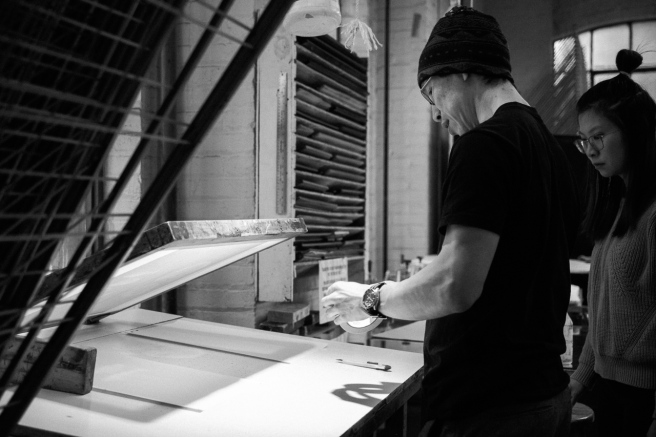









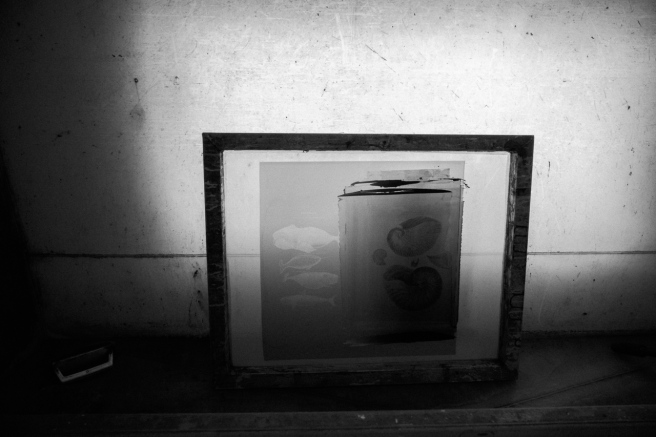
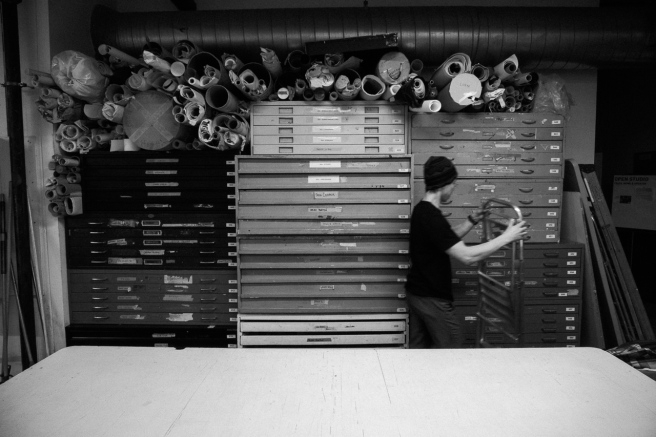








 The reason we need an IPS (Investment Policy Statement) is to have directions, thinkings and ideas on paper where it’s plain to see and easy to revisit and/or revise. When the ideas are just floating in our heads it’s impossible to scrutinize in detail because there is nothing solid. Once written down we can refer back to it when we need guidance and never have to run into any “I think that sounds about right.” or “I can’t recall but it might be part of the plan.”.
The reason we need an IPS (Investment Policy Statement) is to have directions, thinkings and ideas on paper where it’s plain to see and easy to revisit and/or revise. When the ideas are just floating in our heads it’s impossible to scrutinize in detail because there is nothing solid. Once written down we can refer back to it when we need guidance and never have to run into any “I think that sounds about right.” or “I can’t recall but it might be part of the plan.”.

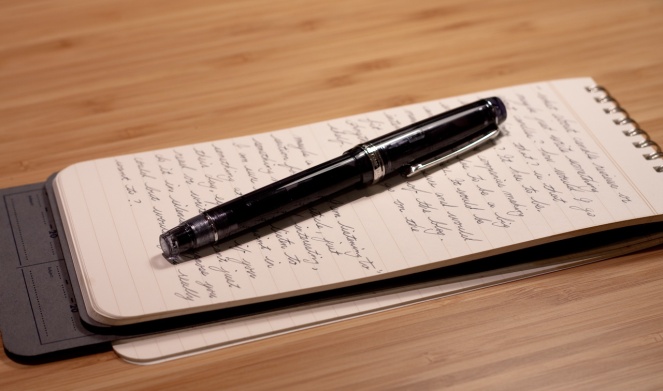
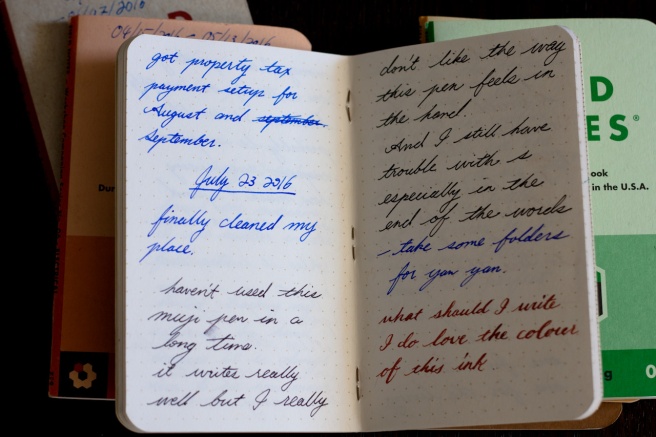
 are much easier to absorb than written words.
are much easier to absorb than written words.